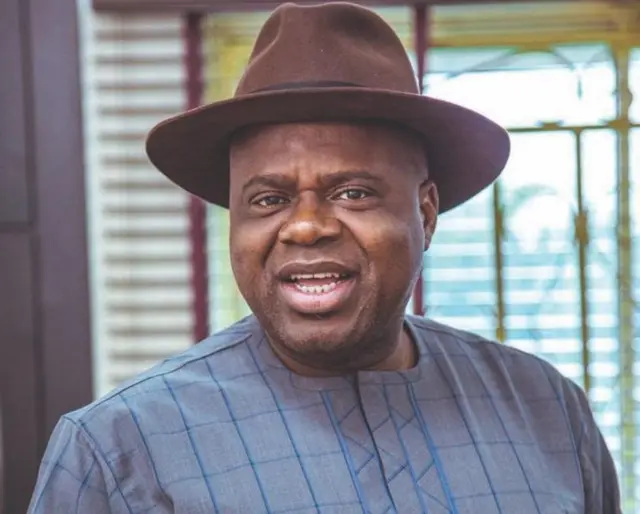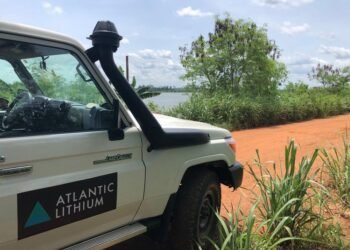Nigeria and Angola have officially revived the Nigeria-Angola Bilateral Joint Economic Commission after 24 years, marking a new chapter in relations between two of Africa’s largest oil-producing nations. The decision was reached during a three-day fifth meeting of both governments in Luanda, Angola’s capital.
According to a statement by Mr. Daniel Alabrah, Chief Press Secretary to Bayelsa State Governor Douye Diri, the two countries signed agreements to enhance bilateral cooperation and develop Sister-City partnerships. Among the outcomes was a landmark socio-economic and cultural twinning arrangement between Bayelsa State and Angola’s Namibe Province, alongside another cooperation pact between Nasarawa State and the Angolan province of Bengo.
Nigeria and Angola share a long history of political and economic ties dating back to Angola’s independence in 1975. However, despite this relationship, formal bilateral cooperation has been dormant for over two decades, with the last joint commission meeting held 24 years ago.
The revival of the commission saw Nigeria represented by Minister of State for Foreign Affairs, Ambassador Bianca Ojukwu, who signed on behalf of the Federal Government. She was joined by the Angolan Secretary of State for International Cooperation, Ambassador Domingos Custodio Vieira Lopes, who signed for his country. Governor Douye Diri signed for Bayelsa State, while Dr. Archer Mangueira represented Namibe Province.

New Framework For State-To-State Partnerships
The Bayelsa–Namibe agreement sets the stage for cooperation in economic and environmental development, urban city management, and agricultural manpower training. It also covers citizenship relations between local communities, collaboration in energy, education, culture, tourism, and sports development.
Speaking after the signing ceremony alongside Mangueira, Governor Diri described the development as historic.
“Signing this important agreement between our two countries and two states is very historic for us from Bayelsa State, coming at a time our host, Angola, was marking its 50th independence anniversary.”
Governor Douye Diri
Diri recalled his earlier exploratory visit to Namibe, where he witnessed firsthand the province’s natural endowments. He emphasized the similarities with Bayelsa and noted the potential benefits of cooperation.
“I recall that early this year, I was in Namibe and I saw the level of natural endowments in that province. That also goes for Bayelsa. Both states are naturally endowed, and there is so much we can do that would be mutually beneficial to us as states and our countries.”
Governor Douye Diri

The governor expressed gratitude to the Angolan government for the warm reception of the Nigerian delegation and praised his Namibe counterpart for the hospitality extended.
Dr. Mangueira echoed these sentiments, stressing that the agreement was the beginning of a milestone partnership between both states.
“This agreement provides an opportunity to establish areas of comparative advantage. We have common geographical features with Bayelsa. On behalf of the government and people of Namibe, I welcome this agreement and my brother from Bayelsa.”
Dr. Archer Mangueira
Earlier in the proceedings, Minister of State for Foreign Affairs Bianca Ojukwu and her Angolan counterpart, Lopes, commended the revival of the long-stalled bilateral commission. Ojukwu noted that the meeting underscored the depth of historic ties between both nations while paving the way for new areas of cooperation.
“Our meeting in the last three days was not only to reflect on the state of our bilateral relations but also to identify new areas of cooperation in keeping with our collective desire to enhance partnership for a better future. We deserve to achieve sustainable economic growth, job creation, people-to-people contact, and poverty reduction for our people.”
Minister of State for Foreign Affairs Bianca Ojukwu
The minister added that the contributions of both delegations reflected the strong resolve to ensure effective collaboration going forward. The renewed momentum is expected to foster economic growth, people-to-people exchanges, and a more robust partnership between Nigeria and Angola, building on their long-standing political and cultural ties.
READ ALSO: WAEC Eyes Digital Exams to Tackle Cheating in Schools






![Abronye Bail Denial, A Blow to Justice And Free Speech 8 NPP ; Kwame Baffoe [Abronye ]'s bail denial in focus](https://thevaultznews.com/wp-content/uploads/2025/09/Kwame-Baffoe-Abronye-350x250.jpg)





![NPP ; Kwame Baffoe [Abronye ]'s bail denial in focus](https://thevaultznews.com/wp-content/uploads/2025/09/Kwame-Baffoe-Abronye-706x375.jpg)





![NPP ; Kwame Baffoe [Abronye ]'s bail denial in focus](https://thevaultznews.com/wp-content/uploads/2025/09/Kwame-Baffoe-Abronye-120x86.jpg)
